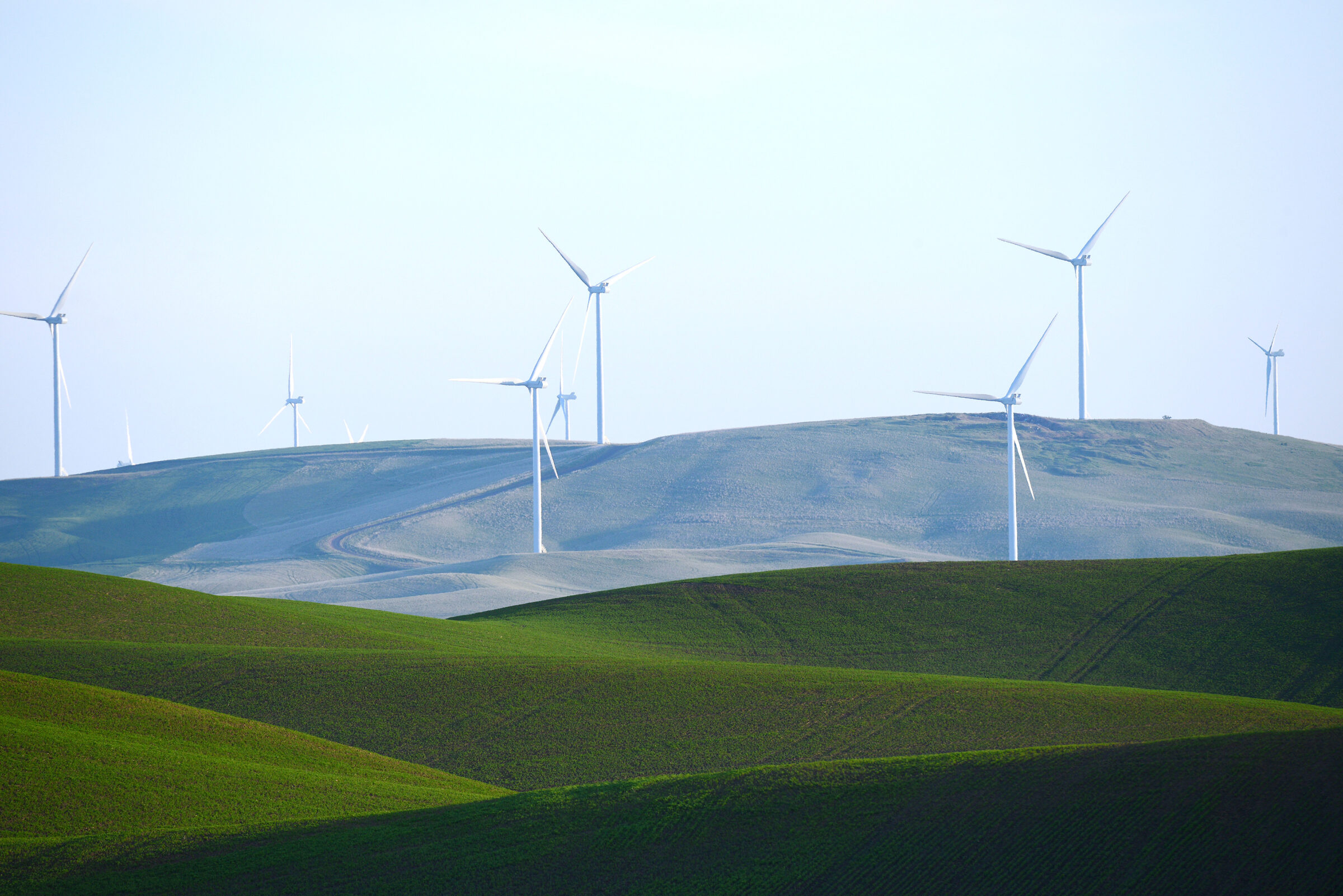Wealth & Poverty Review State’s Climate Act Isn’t Worth Price We’re Paying
We're paying among the highest prices for gas, but the reduction in carbon emissions will be minimal. Originally published at The Everett HeraldWashington state’s 2021 Climate Commitment Act (CCA), although high-minded in spirit, will do nothing to protect the state’s economy and environment from the effects of climate change. But what the CCA is already doing is burdening state residents and businesses with higher energy costs.
The CCA’s goal is to reduce the state’s greenhouse gas (GHG) emissions 95 percent below 1990 levels by 2050. The CCA is part of the Department of Ecology’s claim that the agency is “working to reduce greenhouse gas emissions to protect Washington’s economy and environment from the effects of climate change.”
The key feature of the CCA is a program that requires energy-using businesses to purchase carbon “allowances” to offset their emissions from burning fossil fuels (one allowance represents one metric ton of carbon dioxide). Over time, the number of allowances auctioned off will decrease, which will lead to higher allowance prices and will, according to CCA proponents, result in reductions in fossil fuel energy use and GHG emissions.
The CCA is already creating economic hardship. Consider the price of gasoline. The average price for all grades of gasoline in the state in June was the highest in the nation — $4.81 per gallon — beating out California for the first time, and 90 cents per gallon higher than the average price in January. By contrast, between January and June, the average price of gasoline nationwide rose only 24 cents per gallon.
The price increase reflects the impacts of the CCA. The first auction of carbon allowances held on Feb. 28 cleared at a price of $48.50 per allowance. The most recent auction, held on May 31, cleared at a price of $56.50 per allowance.
To understand the impact at the pump, consider that when combusted, one gallon of gasoline releases an average of about 20 pounds of carbon dioxide. At a price of $56.50 per metric ton, that’s equivalent to a tax of just over 50 cents per gallon. Refiners absorb some of the tax, while the remainder is passed onto retail consumers. That’s not some sort of conspiracy by refiners and wholesalers; it’s basic economics. Higher energy prices also reduce economic growth because individuals and businesses that must spend more on energy have less money to spend on everything else.
The increased cost of gasoline (and other fossil fuels) has been immediate. But what of the CCA’s impacts on climate change? According to the Department of Ecology, the state’s energy-related carbon-equivalent emissions in 1990 were about 96 million metric tons. By comparison, the Energy Institute’s just-published “Statistical Review of World Energy” estimated total world energy-related carbon dioxide emissions at a record-high 34.4 billion metric tons in 2022, an increase of over 300 million metric tons over the previous year.
So, a 95 percent reduction in Washington’s greenhouse gas emissions represents less than one day of world carbon emissions. Over the past 10 years, world emissions have increased by over 200 million metric tons per year, driven by China, which now accounts for over 30 percent of world emissions. Even if the state could magically reduce GHG emissions to zero today, over the 28-year period, 2023-2050, the total reduction would be less than 8 percent of world emissions in 2022 alone.
The simple fact is that the CCA will have no measurable impact on world climate. As for arguments that “every little bit helps,” developing nations in Asia and Africa are not going to give up the economic growth and better living conditions for their citizens that fossil fuels provide. Despite trillions of dollars spent on renewable energy — over $1.3 trillion since 2020 alone — fossil fuel use continues to account for an even larger percentage of total world energy consumption.
The CCA won’t protect the state’s environment from climate change. But the higher energy prices caused by the CCA will impose increasing economic hardships, especially for the least well-off, while reducing economic growth and jobs.

